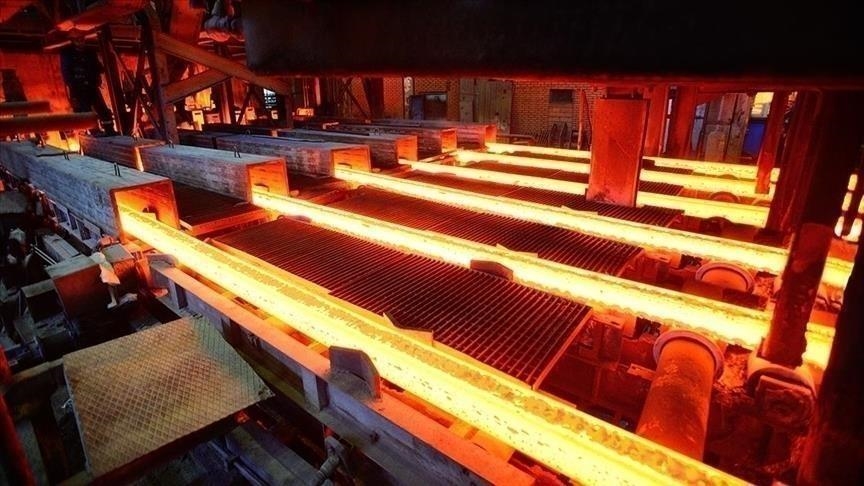US tariffs on Japanese steel, aluminum to remain unchanged
'This is the lowest figure ever negotiated by a country that has a trade surplus with the United States,' says Japanese premier after 15% tariff deal with Washington

ISTANBUL
The US will maintain its 50% tariffs on Japanese steel and aluminum for now, Japan's government confirmed Wednesday, as the two countries finalized a broader trade deal that includes reciprocal tariffs and major Japanese investment.
Chief Cabinet Secretary Yoshimasa Hayashi told reporters in Tokyo that steel and aluminum duties were not part of the tariff agreement announced earlier by US President Donald Trump. However, he said there would be “a robust discussion” between the two sides “going forward for steel and aluminum and a series of tariff measures.”
The deal will see Japan pay 15% reciprocal tariffs on a range of US goods. Trump also announced on Truth Social that Japan would invest “$550 Billion Dollars into the United States, which will receive 90% of the Profits.”
The agreement covers trade in cars, trucks, rice and various agricultural products. Trump said the deal would create “hundreds of thousands of jobs.”
Japan is reportedly set to increase its rice imports from the US, according to Japan's public broadcaster NHK. Under its “minimum access” system, Japan currently imports approximately 770,000 tons of tariff-exempt rice annually.
“Regarding the rice minimum access framework and within the range, based on the supply and the demand situation of rice domestically, we will procure necessary amounts. For this, there was communication with the US side. Of course, sacrificing the agriculture sector is not something that we have discussed,” Hayashi said.
Trump also announced that the two countries would finalize a deal on liquefied natural gas (LNG) exports.
Japanese Prime Minister Shigeru Ishiba welcomed the deal, saying: “This is the lowest figure ever negotiated by a country that has a trade surplus with the United States, and Japan won't be treated less favorably than other countries if tariffs are imposed in the future on goods important for economic security, such as semiconductors and medicines.”
Ishiba said Japanese companies would invest in US sectors, including “semiconductors, medicines, steel, shipbuilding, critical minerals, aviation, energy, cars and AI and quantum technology.”
He called the agreement “a critical” step for Japan’s economic security.
The original steel tariff rate was set to take effect at 25% from Aug. 1. Japan also faces a 2.5% base levy on automobile exports to the US, which remains in place.
Anadolu Agency website contains only a portion of the news stories offered to subscribers in the AA News Broadcasting System (HAS), and in summarized form. Please contact us for subscription options.







